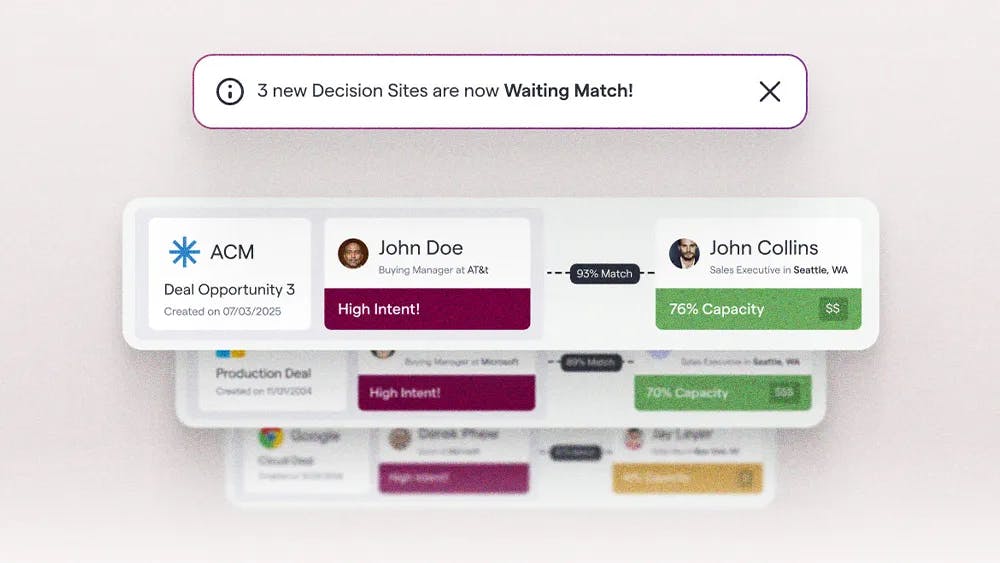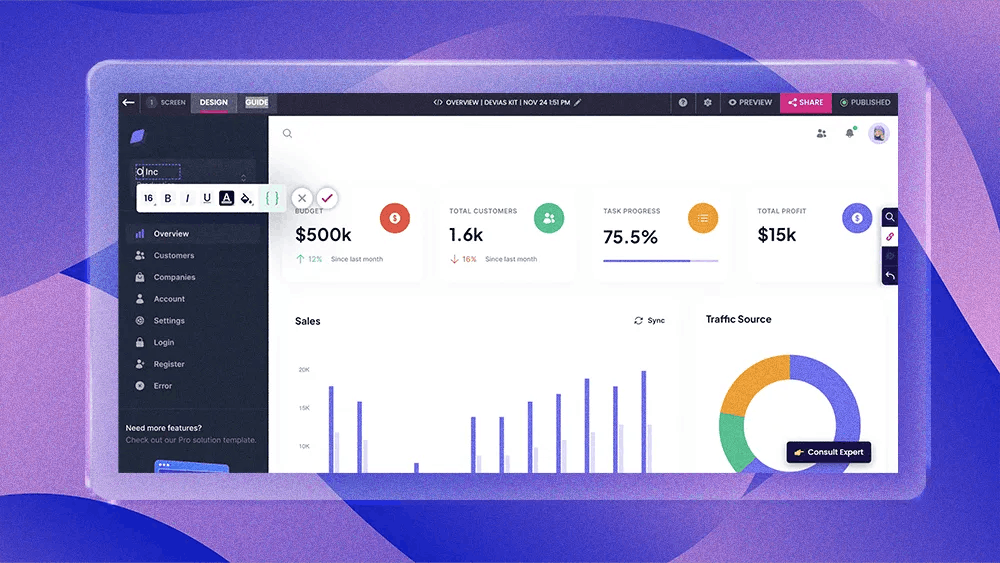Success for new stores will hinge on their ability to solve the problem of getting great exclusive content to attract a customer base, which would allow them to grow into significant players in their respective regions.
The recent U.S. court ruling forcing Apple to allow external payment links in its App Store has been widely celebrated as a victory for mobile developers. As a quiet revolution for app developers unfolds, some question whether or not Apple will still manage to control or influence how apps are sold.
Nikita Zatsepin, CEO & Co-Founder of personality assessment and gamified self development platform Lumora, suggests the immediate cheers over the Apple ruling might overlook deeper realities. The floodgates are not wide open for developers just yet, hurdles still remain for app developers to be seen and make money on platforms overall.
A question of margin: While the prospect of retaining more revenue formerly lost to Apple seems appealing, Zatsepin urges caution when speculating on long-term impacts. "Well, I'm always cautious with long run speculations," he begins, suggesting there could be a "decrease of Apple’s percentage cut to 15% of all developers and an overall decrease of the fees in the industry."
The fate of any unlocked margin, however, isn't straightforward. "Margin for app developers was already close to nothing thanks to higher CAC and revenue shares," Zatsepin explains. He predicts that "additional margin unlocked by regulations would be allocated to growth, increasing the CAC in the long run." This means companies like "Applovin, Meta, Google will effectively benefit from these funds coming their way," as developers reinvest into user acquisition.
Consumers, however, might not see much change. "I don't think that pricing will be significantly changed," Zatsepin notes, "as consumers likely won't recognize a 5-10% decrease in prices, and I think pricing will remain the same, otherwise no margin will be unlocked."
New battlegrounds: The ruling’s impact extends beyond simple commission rates. Zatsepin foresees "the continuation of fragmentation of the app distribution market where more app stores will come to iOS in different regions with their own pricing policies." Success for new stores will hinge on their ability to "solve the problem of getting great exclusive content to attract a customer base, which would allow them to grow into significant players in their respective regions."
Production cost decreases, thanks to AI, creates a much more important shift in this market, moving the complexity entirely to distribution from production. Now it's much faster and cheaper to build anything, but ever more complicated to bring it to the market.
Market complications: Despite potential margin gains, Zatsepin doesn't anticipate a major shift in investment priorities for app developers. "There won't be that many implications," he states. "UA is still very hard, the space is highly competitive, and investors avoid looking into this space compared to how it was several years ago."
A more significant force, he argues, is already at play: "Production cost decreases, thanks to AI, creates a much more important shift in this market, moving the complexity entirely to distribution from production. Now it's much faster and cheaper to build anything, but ever more complicated to bring it to the market."
Apple's playbook: Navigating the future will require more than just reacting to this single ruling. Developers should anticipate Apple's characteristic strategic responses. "Apple is Apple, so I'd expect a lot of lawyers involved to find a play around," Zatsepin warns. He points to past tactics: "previously they allowed external payments but asked for a 27% self-reporting cut to use them. Legally, it was okay, but realistically it created more burden than value and few went this way."
Outside of Apple's sphere, the entire industry is evolving. "Beyond Apple I think developers need to prepare that there are many emerging platforms outside of Apple and Google and more will come," Zatsepin advises. "Publishing and maintaining their products there will create new challenges."





